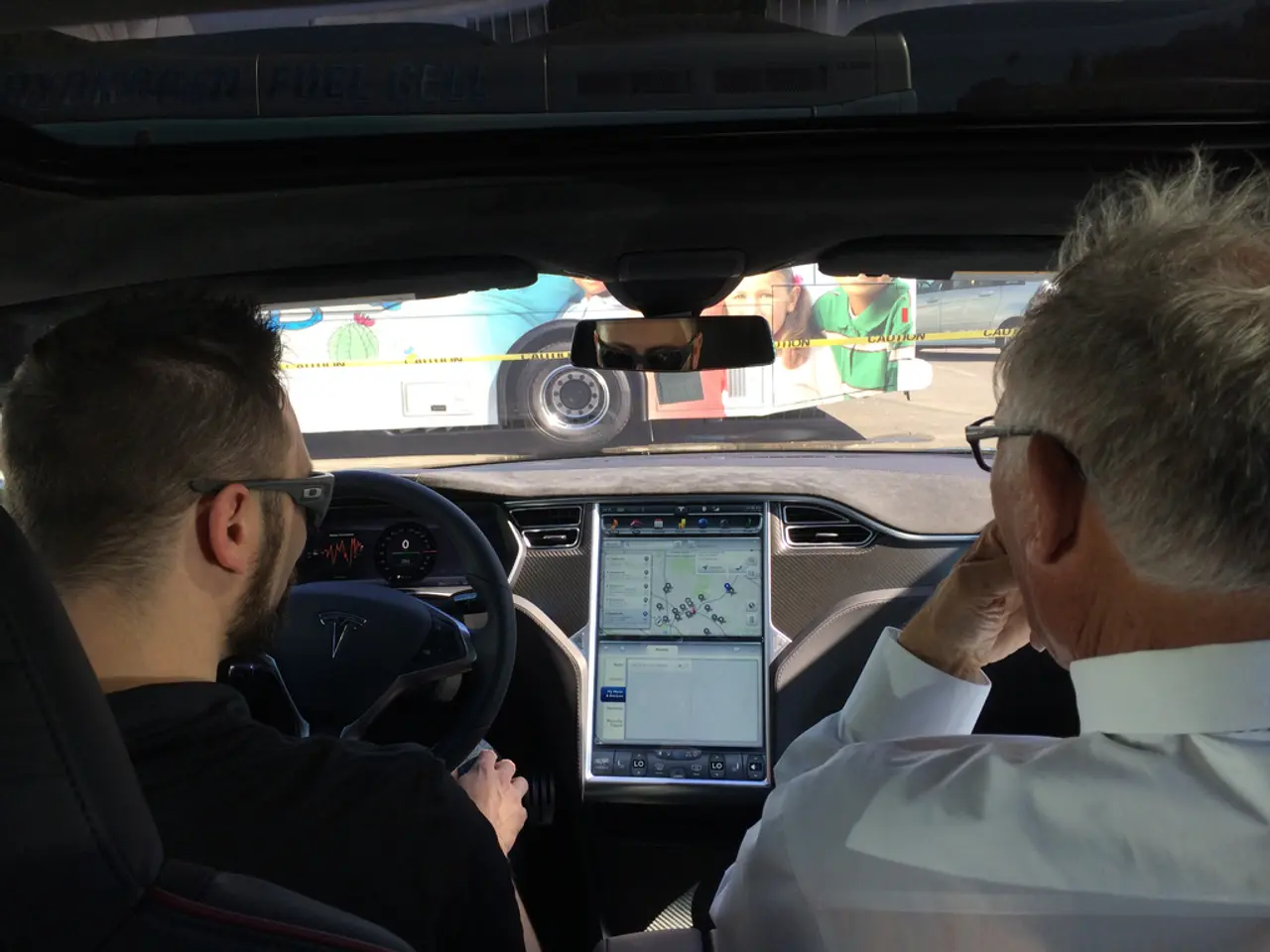AI Travel Tools Mislead Tourists, Potentially Dangerously
AI tools, like ChatGPT and Google Gemini, are increasingly popular for travel planning, with 30% of international tourists using them. However, these tools can 'hallucinate', providing false information that can lead travelers astray. Miguel Ángel Gongora Mesa, founder of Evolution Treks Peru, recently witnessed tourists being misled by such tools, with potentially deadly consequences.
Gongora Mesa overheard tourists planning to visit the 'Sacred Canyon of Umantai', a non-existent place. The tourists paid almost $160 to reach a rural road near Mollepata without a guide or specific destination, based on false information. A 2024 survey found that around 33% of AI users received inaccurate or incorrect advice from these tools.
To combat this issue, some countries propose introducing watermarks and markers on generated content to help users recognize AI-created fakes. The EU and the USA are pursuing this as part of regulatory efforts surrounding digital services and content authenticity, notably within the EU's Digital Services Act (DSA) enacted in 2022. However, the main solution remains teaching users critical thinking and checking all information to ensure safety while traveling.
While AI tools can enhance travel planning, they can also lead travelers to non-existent or inaccurate locations, potentially causing unpleasant or dangerous situations. It's crucial for users to verify information and be prepared to adapt, as even after a failure, travel can remain a wonderful experience if a mistake can be turned into a new discovery.
Read also:
- Federal health clinics in Maine seek restoration of withheld Medicaid financing, filing a lawsuit against the Trump administration over funding reductions.
- Depakote Cost in 2025: Discounts and Additional Savings Options
- Understanding the Two Variants of Macular Degeneration
- Deadly nature of gallbladder cancer and additional insights








